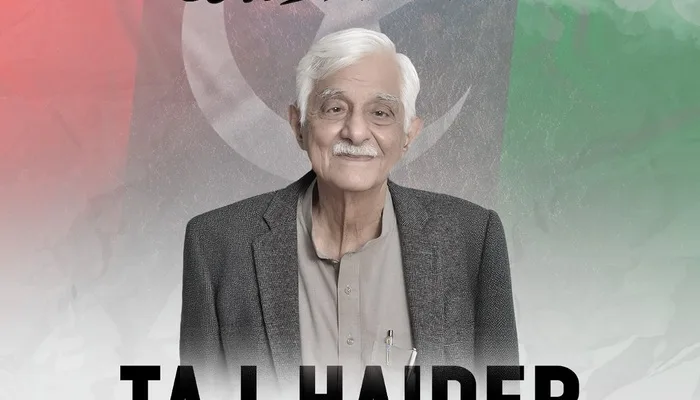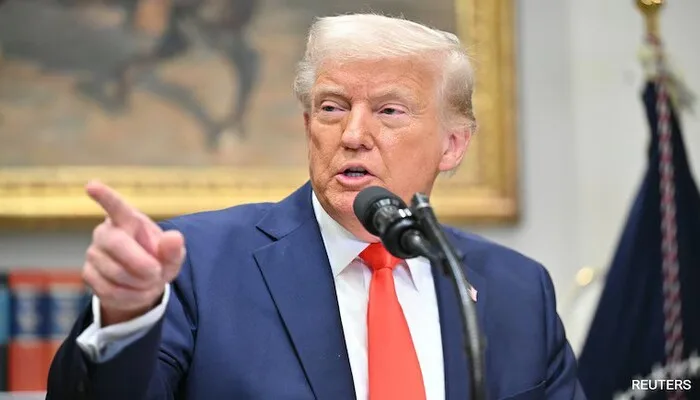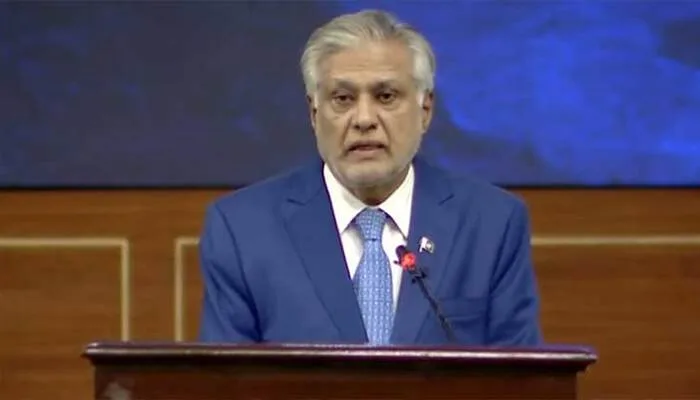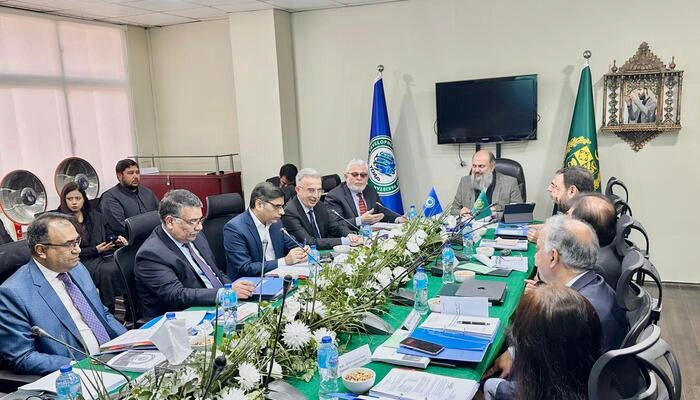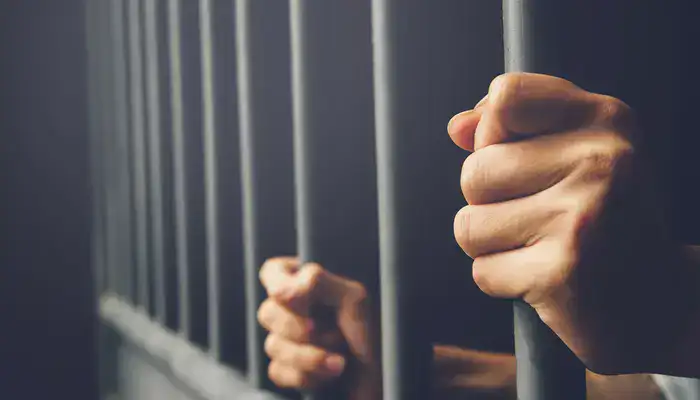
In a significant legal development, Russia has increased the sentence of Nikita Zovaviel, the young man who burned a copy of the Quran in front of a mosque last year. Zovaviel was initially sentenced to three and a half years in prison. However, his sentence has now been extended by an additional 13 years after a new charge of treason.
The Blasphemy Incident
Last year, Nikita Zovaviel caused outrage by setting fire to a copy of the Quran in front of a mosque in Russia. The act of blasphemy triggered strong condemnation from Muslim communities worldwide. As a result, the Russian authorities took action against the young man, who was arrested and tried for his actions.
Zovaviel was handed a sentence of three and a half years in prison in the Chechen region. This punishment was a direct response to his offensive act of burning the sacred text. However, the case took another turn when Russia decided to take further action.
NAB Steps Up Efforts to Arrest Bushra Bibi
Treason Charge and Increased Sentence
In addition to his blasphemy conviction, Zovaviel faced new charges. The Russian government accused him of espionage, alleging that he had sent video footage to Ukrainian security forces. The video showed Russian military supply trains, and the authorities claimed that this act amounted to treason.
In response to the new charge, Russian officials brought Zovaviel back to the country for trial. The court found him guilty of treason and sentenced him to an additional 13 and a half years in prison. The judge ordered that Zovaviel serve a combined total of 14 years for both blasphemy and treason.
Legal and Political Implications
The decision to increase Zovaviel’s sentence highlights Russia’s strong stance on both national security and religious respect. The country has been under intense scrutiny for its treatment of religious and political dissent. By adding the treason charge, Russian authorities have sent a clear message about their commitment to protecting state security while also addressing acts of religious disrespect.
The extended sentence has sparked debate on whether it is a disproportionate punishment for the young man’s actions. Human rights groups and international observers are closely monitoring the case, with some questioning whether the charges are politically motivated, particularly considering the tense relations between Russia and Ukraine.
Public Reaction
The incident has stirred controversy, both within Russia and internationally. Many people, particularly from the Muslim community, have praised the Russian authorities for taking swift action against the blasphemy. At the same time, others argue that the additional charge of espionage and the subsequent 13-year extension to the prison term seem excessive.
Follow Day News on Google News, Instagram, YouTube, Facebook, Whats App, and TikTok for latest updates



